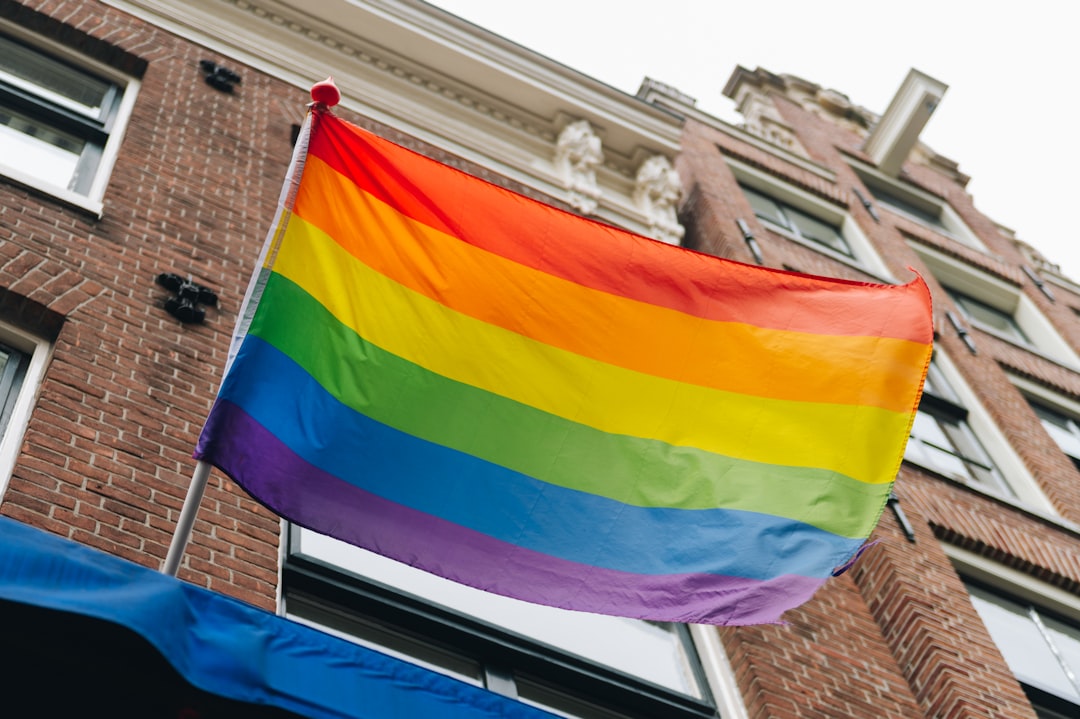Being transgender in Florida can be a challenging experience, as the state has a complicated history with transgender rights. While there have been some positive developments in recent years, there is still a long way to go in terms of equality and protection for transgender individuals. In this article, we will explore the current state of transgender rights in Florida and what it means to be transgender in the state right now.
The Current State of Transgender Rights in Florida
Florida’s Anti-Discrimination Laws
Florida does not have any statewide laws that explicitly protect transgender individuals from discrimination. This means that in many areas of life, such as employment, housing, and public accommodations, transgender individuals can face discrimination without any legal recourse.
However, some cities and counties in Florida have passed their own anti-discrimination ordinances that include protections for transgender individuals. These include cities like Miami, Tampa, and Orlando, as well as counties like Broward and Palm Beach. While these local laws provide some protection, they are not comprehensive and do not cover the entire state.
Healthcare for Transgender Individuals
In 2019, Florida passed a law that prohibits healthcare providers from providing gender-affirming care to transgender minors. This means that healthcare providers can face disciplinary action if they provide hormone therapy, puberty blockers, or gender confirmation surgery to anyone under the age of 18.
This law has been met with significant backlash from the LGBTQ+ community and medical professionals, who argue that it puts transgender youth at risk and goes against established medical guidelines. As a result, there have been ongoing legal challenges to this law, and it is currently on hold while the courts decide its constitutionality.
Transgender Students in Schools
Florida does not have any statewide laws or policies that protect transgender students in schools. This means that transgender students can face discrimination and harassment from their peers and school staff without any legal protection.
In 2018, the Florida Department of Education released guidelines for schools on how to support transgender students, including allowing them to use the bathroom and participate in sports teams that align with their gender identity. However, these guidelines are not legally binding, and many schools in the state do not follow them.
Challenges Faced by Transgender Individuals in Florida
Discrimination and Harassment
As mentioned earlier, transgender individuals in Florida do not have comprehensive legal protection from discrimination. This means that they can face discrimination and harassment in many areas of life, including employment, housing, and public accommodations.
According to a 2015 survey by the National Center for Transgender Equality, 30% of transgender individuals in Florida reported experiencing discrimination in the workplace, and 22% reported being denied a home or apartment because of their gender identity.
Lack of Access to Healthcare
The 2019 law that prohibits healthcare providers from providing gender-affirming care to transgender minors has had a significant impact on the transgender community in Florida. Many transgender individuals, especially youth, rely on hormone therapy and other gender-affirming treatments to live authentically and alleviate gender dysphoria. Without access to these treatments, they may experience significant mental and emotional distress.
Bullying and Violence
Transgender individuals in Florida also face a high risk of bullying and violence. According to the same survey by the National Center for Transgender Equality, 39% of transgender individuals in Florida reported being verbally harassed, and 12% reported being physically attacked because of their gender identity.
This violence is not limited to the general public; transgender individuals are also at risk of violence from law enforcement. In 2018, Florida had the second-highest number of reported murders of transgender individuals in the United States.
Recent Developments in Transgender Rights in Florida
The Equality Act
In 2021, the U.S. House of Representatives passed the Equality Act, a federal bill that would provide comprehensive protections for LGBTQ+ individuals, including transgender individuals, in areas such as employment, housing, and public accommodations. While this bill has not yet been passed by the Senate, it would have a significant impact on the rights of transgender individuals in Florida if it were to become law.
Local Anti-Discrimination Ordinances
As mentioned earlier, some cities and counties in Florida have passed their own anti-discrimination ordinances that include protections for transgender individuals. These local laws have been crucial in providing some protection for the transgender community in Florida, and there have been ongoing efforts to expand these protections to other areas of the state.
Legal Challenges to Discriminatory Laws
There have also been ongoing legal challenges to discriminatory laws in Florida, such as the 2019 law that prohibits healthcare providers from providing gender-affirming care to transgender minors. These legal challenges are essential in fighting for the rights of transgender individuals and pushing for more inclusive policies and laws in the state.
What Can Be Done to Support Transgender Rights in Florida?
Support Local Organizations
There are many organizations in Florida that are working to support and advocate for transgender individuals. By supporting these organizations through donations or volunteering, you can help make a difference in the lives of transgender individuals in the state.
Educate Yourself and Others
One of the most important things you can do to support transgender rights in Florida is to educate yourself and others about the challenges faced by the transgender community. By understanding the issues and sharing this knowledge with others, you can help raise awareness and promote change.
Advocate for Inclusive Policies and Laws
You can also advocate for inclusive policies and laws in your community and at the state level. This can include contacting your local representatives, attending town hall meetings, and participating in rallies and protests.
Conclusion
Being transgender in Florida can be a difficult experience, as the state still has a long way to go in terms of equality and protection for transgender individuals. However, there have been some positive developments in recent years, and there are ongoing efforts to push for more inclusive policies and laws. By supporting local organizations, educating yourself and others, and advocating for change, you can help make a difference in the lives of transgender individuals in Florida.





